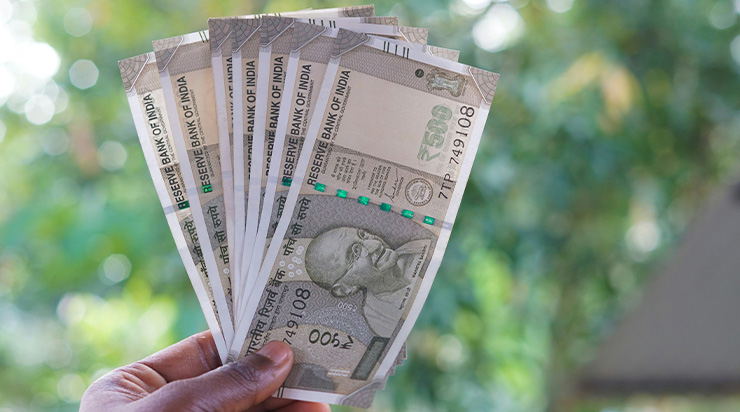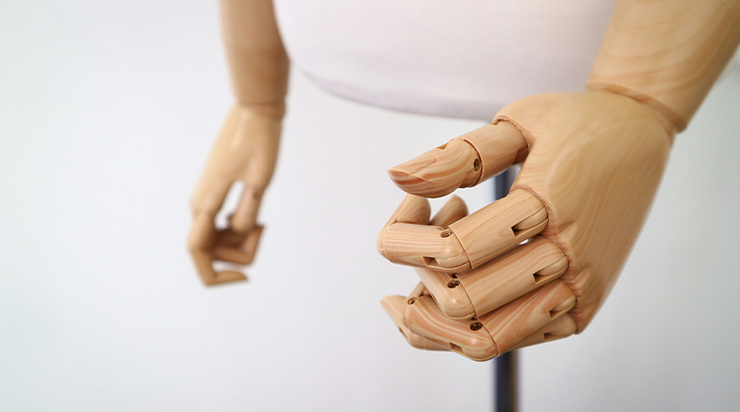Until now, assistive technologies have largely been considered out-of-pocket expenses. Even basic wheelchairs or hearing aids aren’t covered under most health insurance plans in India. This gap has made access to AT a luxury for many.
But the landscape is shifting. Recent government committees have recommended the inclusion of AT in public health insurance schemes such as Ayushman Bharat. The idea is that mobility and independence are just as important as treatment.
Inclusion will mean that users can claim reimbursements or direct benefits for certified devices, making AT both accessible and affordable. This shift could bring millions into the fold of technology-enabled independence.
Aatma supports this movement and aims to help AT manufacturers navigate the compliance and certification required to be listed under insurance coverage.

Why Insurance Inclusion Matters
For rural families earning under ₹10,000 a month, buying a ₹20,000 prosthetic limb is unimaginable. Even urban middle-class families hesitate to invest in devices they fear won’t last or be supported.
Insurance gives confidence. It ensures that a health setback doesn’t lead to lifelong mobility loss. It also brings legitimacy to the sector—certified products, trained technicians, and monitored distribution.
Aatma envisions a future where AT is as mainstream in insurance as medicines or surgery.
“Accessibility isn’t just a right—it’s an investment. Insurance inclusion will make assistive technology a norm, not an exception.”
The move toward insurance-backed AT is transformative. It brings dignity and opportunity to the forefront of healthcare. Let’s push for faster adoption.



